Earth And Environmental Sciences
-
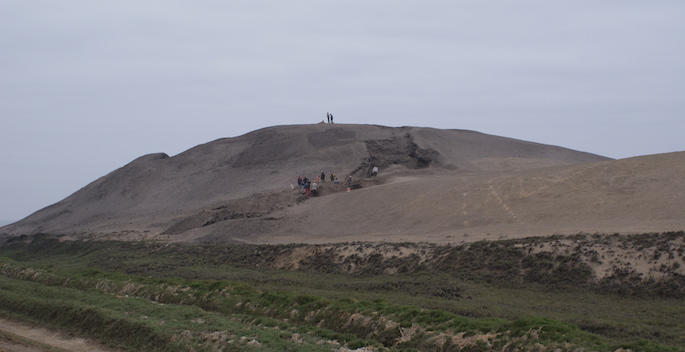
Northern coast of Peru was a hospitable rest stop for early Americans
Vanderbilt researchers found a place where early Americans paused on their migrations south and "settled in for a good long while," suggesting a slower pace of settlement than originally believed. Read MoreMay 24, 2017
-
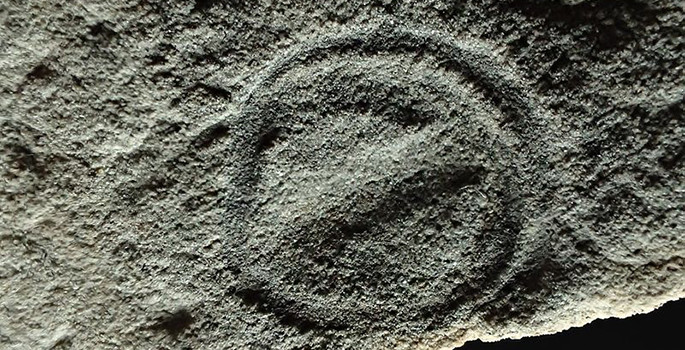
Life in the Precambrian may have been much livelier than previously thought
An interdisciplinary study suggests the strange creatures that lived in the Garden of the Ediacaran more than 540 million years ago may have been much more dynamic than experts have thought. Read MoreMay 18, 2017
-

National assessment overstates public access to safe drinking water in Bangladesh
According to the latest national assessment, 85 percent of the people in Bangladesh have access to safe drinking water. However, a new study raises serious questions about the nation's water security. Read MoreMay 12, 2017
-

The tale teeth tell about the legendary man-eating lions of Tsavo
Analysis of the microscopic wear on the teeth of three man-eating lions reveals that painful dental disease may have been what drove the cats to hunt humans instead of larger prey. Read MoreApr 19, 2017
-
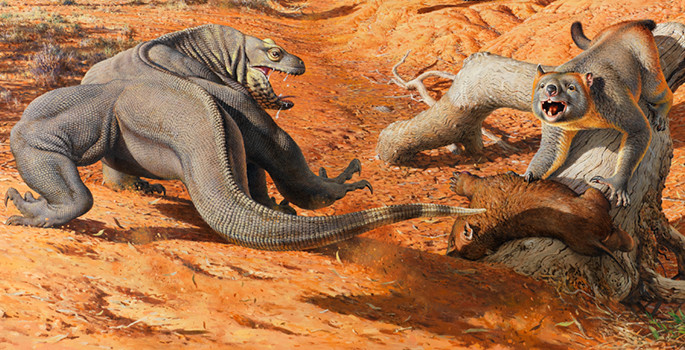
Climate change helped kill off super-sized Ice Age animals in Australia
A new study has compared the diet of a variety of Australian megafaunal herbivores from the period when they were widespread (350,000 to 570,000 years ago) to a period when they were in decline (30,000 to 40,000 years ago) by studying their fossil teeth. The analysis suggests that climate change had a significant impact on their diets and may well have been a primary factor in their extinction. Read MoreJan 26, 2017
-
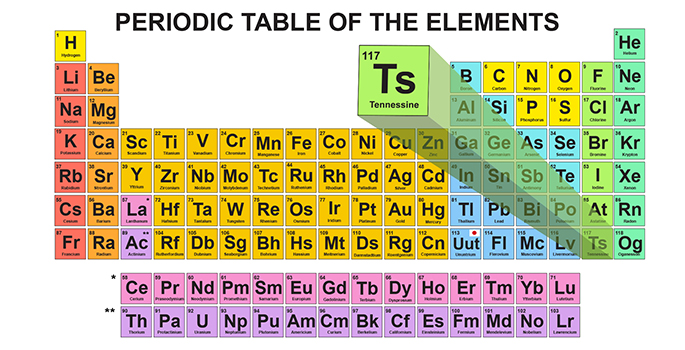
Research that ruled in 2016: Readers’ favorite stories
Artificial kidneys, gay-straight alliances and junkyard batteries captured readers' attention in 2016. Read MoreDec 16, 2016
-
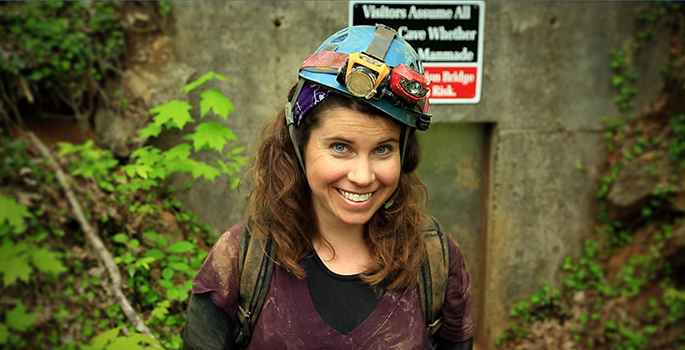
Cave study designed to solve puzzle of prehistoric megadroughts in the western U.S.
Paleoclimatic cave study in California is designed to identify the factors that made megadroughts commonplace in the western U.S. from 5,000 to 8,000 years ago. Read MoreAug 26, 2016
-
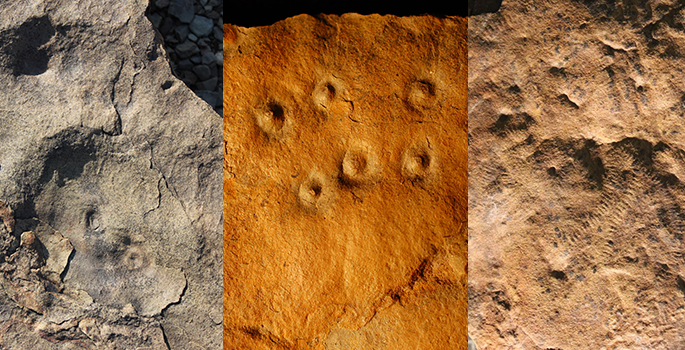
Newly discovered fossils strengthen proposition that world’s first mass extinction engineered by early animals
New fossil evidence strengthens the proposition that the world’s first mass extinction was caused by ‘ecosystem engineers’ – newly evolved organisms that radically altered the environment. Read MoreJul 29, 2016
-
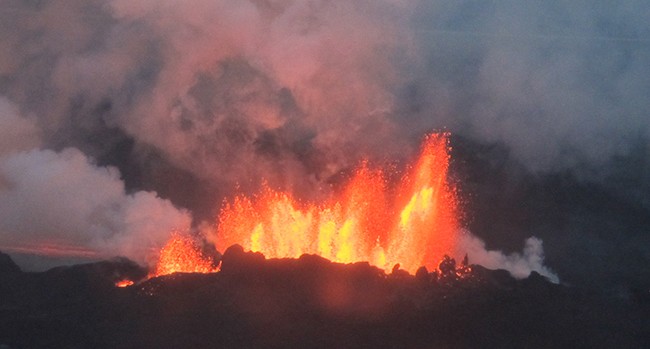
Super-eruptions may give only a year’s warning before they blow
A microscopic analysis of quartz crystals from an ancient California super-eruption indicates that the process of decompression preceding the eruption took place less than a year before. Read MoreJul 20, 2016
-
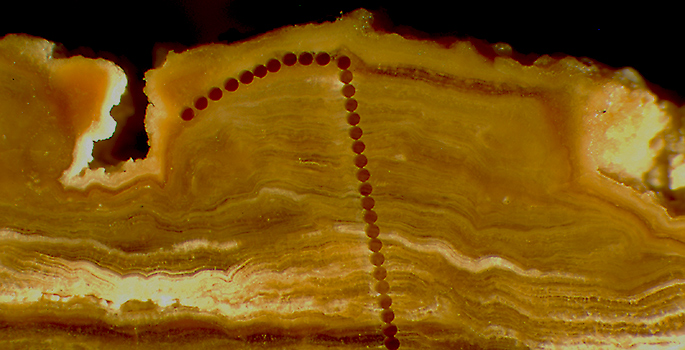
Growth rings on rocks provide new insights into past climates
Application of new micro-analytical techniques have transformed rocks and gravel buried in a special type of soil into a rich source of data about past climates that can help scientists understand how the climate will change in the future. Read MoreJan 15, 2016
-
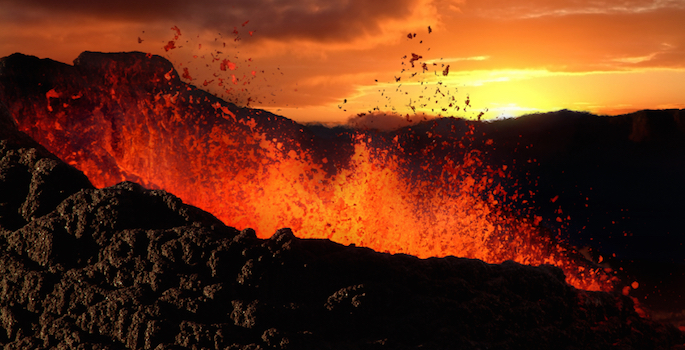
New ‘geospeedometer’ confirms super-eruptions have a short fuse
A new "geospeedometer" that can measure the amount of time between the formation of an explosive magma melt and an eruption confirms that the process took less than 500 years in several ancient super-eruptions. Read MoreOct 20, 2015
-
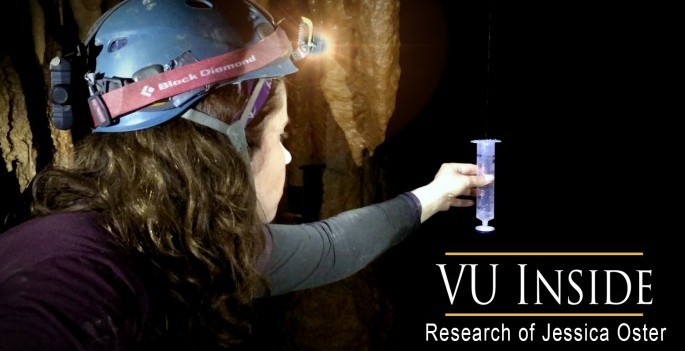
A VU Inside: Professor explores caves for clues to climate change
Jessica Oster is a member of a small group of earth scientists pioneering the use of mineral cave deposits in stalagmites, collectively known as speleothems, as proxies for the prehistoric climate. Read MoreSep 3, 2015
-
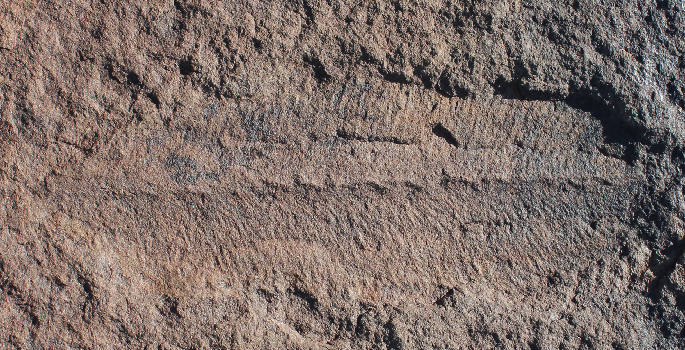
Evidence that Earth’s first mass extinction was caused by critters, not catastrophe
The Earth's first mass extinction event 540 million years ago was caused not by a meteorite impact or volcanic super-eruption, but by the rise of early animals that dramatically changed to prehistoric environment. Read MoreSep 2, 2015
-

A VU Inside: Professor explores caves for clues to climate change
VIDEO» For Vanderbilt Assistant Professor of Earth and Environmental Sciences Jessica Oster, getting data means getting dirty. Oster and her team are collecting mineral deposits deep inside caves to find clues to climate change. Read MoreSep 1, 2015
-

Deciphering clues to prehistoric climate changes locked in cave deposits
Jessica Oster and her colleagues have shown that the analysis of a stalagmite from a cave in north east India can detect the link between El Nino conditions in the Pacific Ocean and the Indian monsoon. Read MoreMay 22, 2015
-
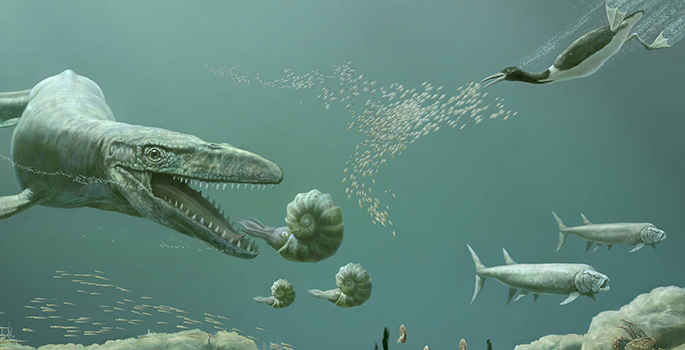
Evolutionary history of whales, dolphins and sea turtles
The evolutionary history of whales, sea turtles and other land animals that have returned to the sea details the radical changes to their life style, body shape, physiology that they made to survive in an aquatic environment. Read MoreApr 17, 2015
-
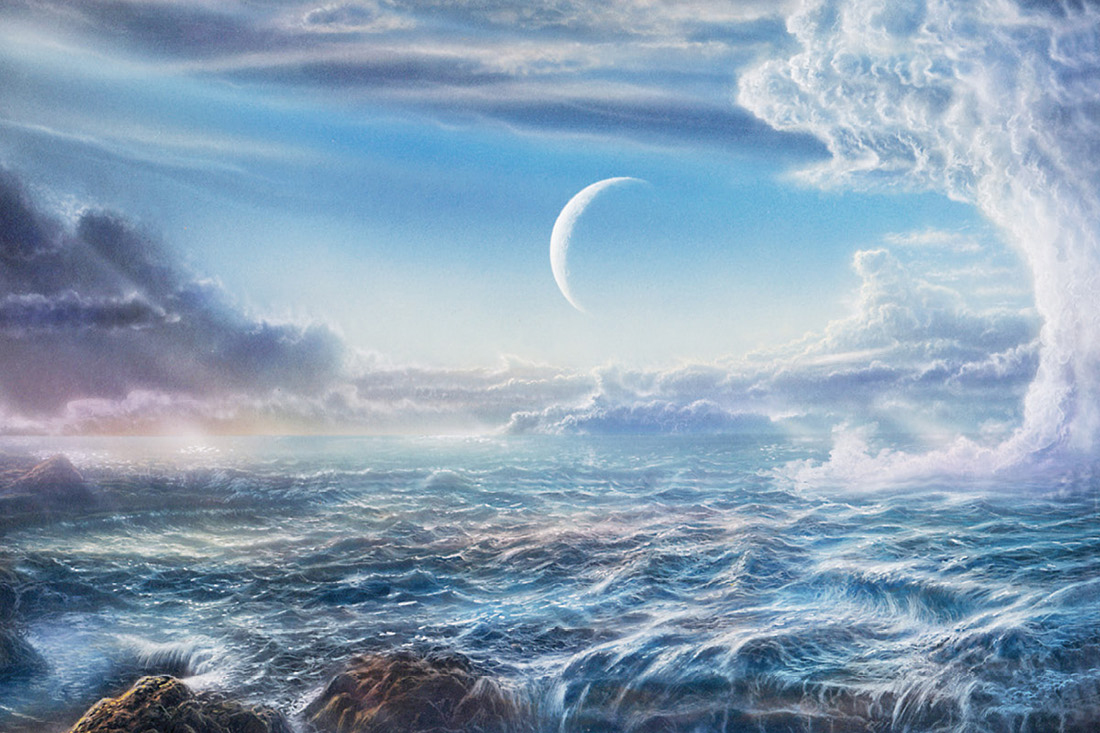
Early Earth Less Hostile than Previously Thought
Conditions on Earth for the first 500 million years after it formed may have been surprisingly similar to the present day, complete with oceans, continents and active crustal plates. Read MoreDec 23, 2014
-
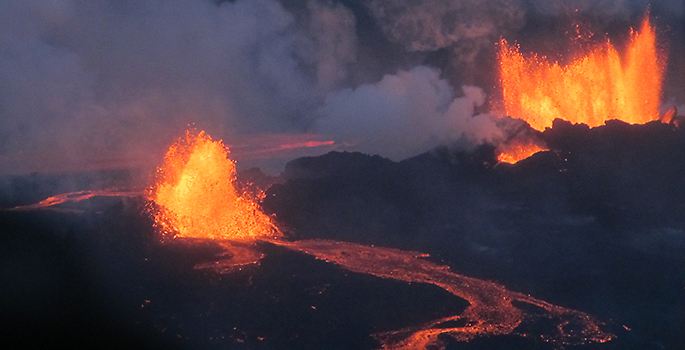
Calvin Miller: Eyewitnessing an Icelandic eruption
Last month volcano expert Calvin Miller had the good fortune to witness the major volcanic eruption taking place in Iceland. Read MoreOct 7, 2014
-
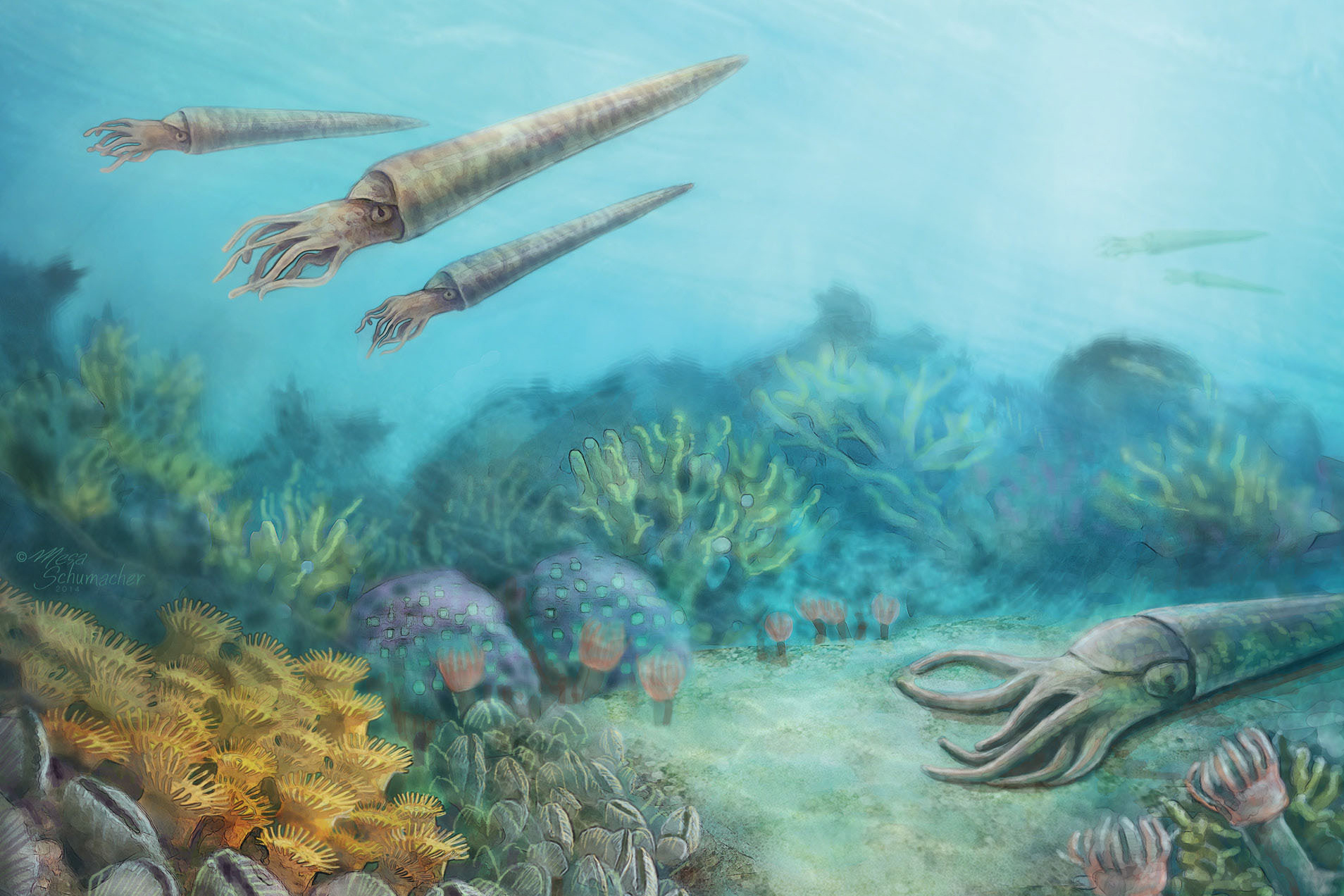
How to explore the prehistoric past: Expert advice from earth scientist Molly Miller
Travel back 450 million years to Middle Tennessee’s beginnings with Molly Miller, professor of earth and environmental sciences Read MoreSep 26, 2014
-
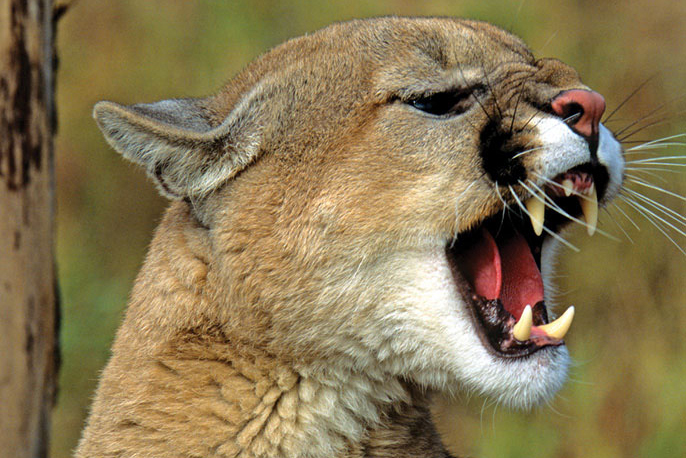
Research Roundup, Summer 2014
Private Property and Government Inaction | Probiotic Could Prevent Obesity | Freedom from Power Cords | Pickiness Doesn’t Always Pay Read MoreSep 26, 2014